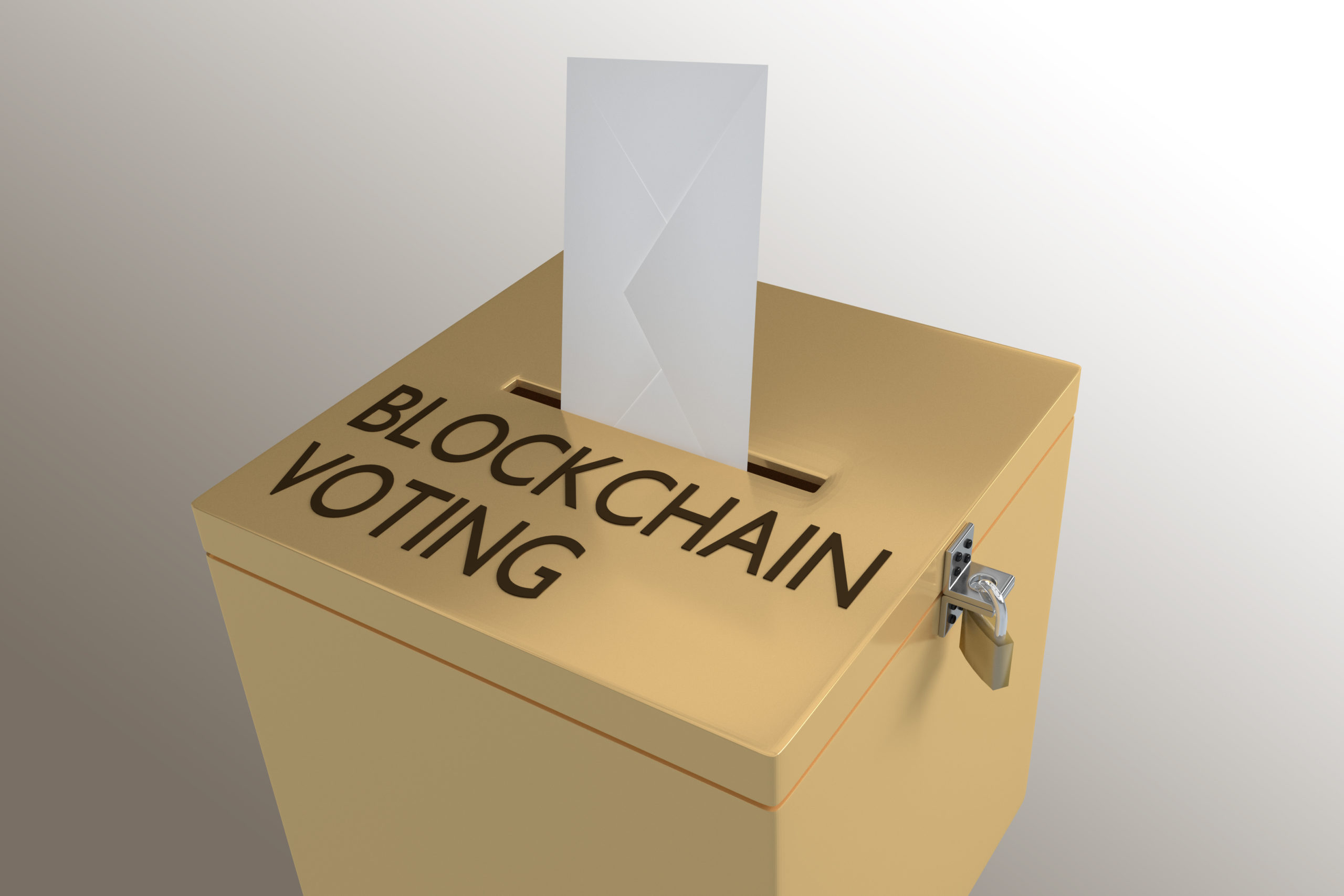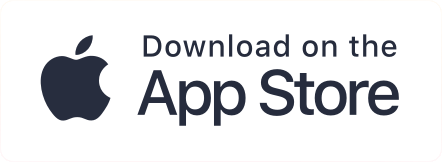The idea of blockchain voting has been a hot topic in recent years. According to Investopedia, Blockchain could help secure our elections and make them more transparent.
However, there are still many questions about its safety and security that need addressing before the public will put their faith behind this technology’s potential as an effective way to cast their vote.
Let’s explore how this technology might change the way we vote by looking at some of the pros and examine security concerns around blockchain-based vote systems.
What is Blockchain and Why is it important?
Blockchain is a distributed ledger technology (DLT) secured by a technology known as cryptography. The blockchain is immutable, meaning it’s nearly impossible to change information stored on the blockchain.
There are four primary types of blockchain: private, consortium, hybrid — and the most common — public blockchain. A public blockchain is supported and maintained by nodes — a peer-to-peer network of devices that record, store and validate transactions on the blockchain.
Blockchain provides many solutions across several industries, but it’s most widely known for powering cryptocurrency. However, the technology has several different use cases. Here are a few examples of how this technology can improve the voting process.
How Can Blockchain Improve the Voting Process?
Blockchain voting can reduce the costs associated with running large-scale voting operations and lessen the costs such as staffing, voting equipment, printing ballots, and marketing materials. Casting votes on the blockchain has the potential to be both faster and cheaper than traditional means.
One of the most exciting ways blockchain can improve voting is by reducing the time it takes to vote. There are several stories about voters standing in line for hours and voting machine shortages. Blockchain voting can help eliminate these factors that discourage voters by allowing them to vote on their mobile phones or computers.
The Benefits of Blockchain Voting
Security
The blockchain is decentralized, with the data stored on multiple computers or devices, making it less likely to go down if the network were to be attacked since it is distributed and not centralized. Cryptography secures the blockchain, so it would be nearly impossible to alter a vote since the blockchain is immutable. Each block is connected and contains information from the previous block.
Trust and Transparency
With public blockchains, every vote would be readily available and tracked by anyone viewing the blockchain, and the ability to view votes as they come in real-time. The distributed ledger can be accessible to anyone and easily audited by anyone. Also, there is no need to rely on third parties to interpret votes like manual voting.
Accessibility
Blockchain voting will allow more people to participate in the voting process. People who cannot go to the polls because of physical disabilities would be able to safely and securely cast their ballot on the blockchain. This would allow people who cannot take off work to vote easily. Also, people without access to transportation or living in rural areas that cannot access polling locations would be able to vote.
Identity Management
An essential part of the voting process is identifying eligible voters and allowing them to vote. Using blockchain technology with the digital identity will validate and authenticate a person’s identity safely and securely. When personal identity information is centralized, it is subject to attack and vulnerable.
The Future of Voting and How Blockchain Could Play a Role
Blockchain is a bright spot in the future of voting. Blockchain has the potential to make voting fairer and more equitable regardless of socioeconomic status or disability. The benefits of blockchain voting include transparency, public auditability, security, and improved identity management. Blockchain can make the voting process speedier, cheaper, and more pleasant.
Conquer Crypto and Trade with Abra Today
Abra
Abra is one of the most secure digital wallets to buy and trade crypto. We offer resources such as videos and crypto investing guides to help you conquer crypto. Plus, a variety of products such as Abra Earn and Abra Borrow when you use the Abra wallet. Download the Abra app and start trading today!
Download AppAbout Abra
Established in 2014, Abra is on a mission to create a simple and honest platform that enables millions of cryptocurrency holders to maximize the potential of their assets. Abra enables both individuals and businesses to safely and securely buy, trade, and borrow against cryptocurrencies – all in one place. Abra’s vision is an open, global financial system that is easily accessible to everyone.
Why Abra
Based in the United States, Abra is available in over 150 countries and makes it easy to convert between crypto and a wide variety of local fiat currencies. With over 2MM customers, $7B in transactions processed, and $1.5B in assets under management, Abra continues to grow rapidly. Abra is widely loved and trusted – in April 2022, pymnts.com reviewed and rated Abra amongst the top 5 most popular crypto wallets in the market. Abra is backed by top-tier investors such as American Express Ventures and First Round Capital.
How Abra Protects Your Funds
Abra places clients’ financial objectives and security first. Abra practices a culture of risk management across all levels and functions within the organization.
Abra employs a state-of-the-art enterprise risk management framework that comprises a comprehensive set of policies, procedures, and practices detailing all applicable risk-related objectives and constraints for the entirety of the business. Abra has instituted a complete set of requisite systems and controls that continuously enforce these policies, procedures, and practices to manage all operations, including credit and lending. Abra’s independent Risk Committee comprises experienced compliance, risk, securities, and fraud operations professionals with backgrounds in industries ranging from traditional and digital assets banking, payments, remittance, to fintech.
Please visit our FAQ to learn more.


